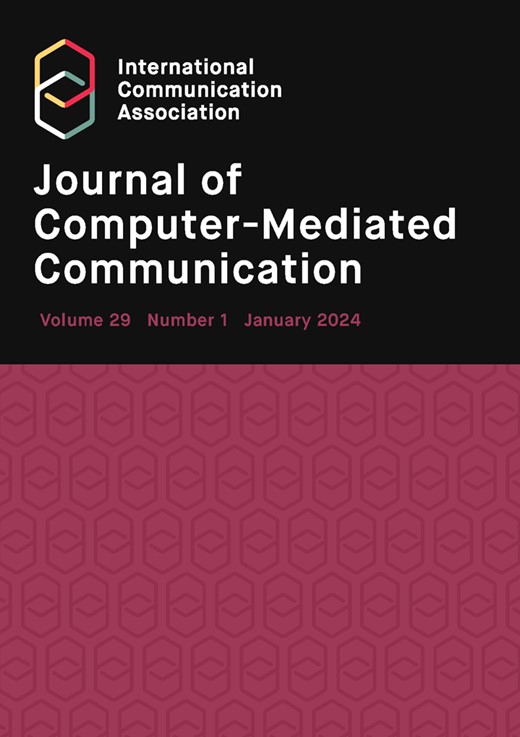与加拿大西北地区的农村/偏远北部土著社区共同设计社区网络扫盲
IF 5.7
1区 文学
Q1 COMMUNICATION
引用次数: 0
摘要
数字素养的研究和实践通常假定一定的条件,例如城市定位和足够的、负担得起的连接和设备。但这些条件并不普遍;例如,小型农村/偏远土著社区的人们可能会寻求在连通性挑战和数字创新与当地和社区特有的陆上生活之间取得平衡。通过扩大关键数字素养以支持土著主权的努力,我们考虑了地方、社区和基础设施的重叠背景如何在共同创造适当的数字素养方面相互交叉。具体而言,我们讨论了一系列虚拟便利的参与式研讨会,这些研讨会利用“黑客素养”和“基础设施素养”来重新构想连接基础设施,并展示了社区网络在农村/偏远土著社区中的潜力。我们还反思了这项工作的局限性,并为未来的项目确定了经验教训。本文章由计算机程序翻译,如有差异,请以英文原文为准。
Codesigning community networking literacies with rural/remote Northern Indigenous communities in Northwest Territories, Canada
Digital literacy research and practice typically presume certain conditions, such as an urban orientation and adequate, affordable access to connectivity and devices. But these conditions are not universal; for example, people in small, rural/remote Indigenous communities may seek to balance connectivity challenges and digital innovations with land-based living specific to place and community. Drawing on efforts to broaden critical digital literacies to support Indigenous sovereignty, we consider how overlapping contexts of places, communities, and infrastructures intersect in the cocreation of appropriate digital literacy. Specifically, we discuss a series of virtually facilitated, participatory workshops that utilize “hacker literacies” and “infrastructure literacy” to reimagine connectivity infrastructure and demonstrate the potential of community networking in, with, and by rural/remote Indigenous communities. We also reflect on limitations of this work and identify lessons for future projects.
求助全文
通过发布文献求助,成功后即可免费获取论文全文。
去求助
来源期刊
CiteScore
9.60
自引率
2.80%
发文量
26
期刊介绍:
The Journal of Computer-Mediated Communication (JCMC) has been a longstanding contributor to the field of computer-mediated communication research. Since its inception in 1995, it has been a pioneer in web-based, peer-reviewed scholarly publications. JCMC encourages interdisciplinary research, welcoming contributions from various disciplines, such as communication, business, education, political science, sociology, psychology, media studies, and information science. The journal's commitment to open access and high-quality standards has solidified its status as a reputable source for scholars exploring the dynamics of communication in the digital age.

 求助内容:
求助内容: 应助结果提醒方式:
应助结果提醒方式:


